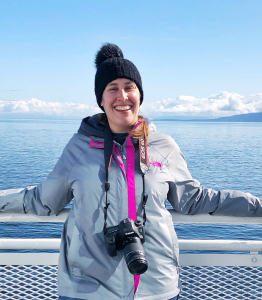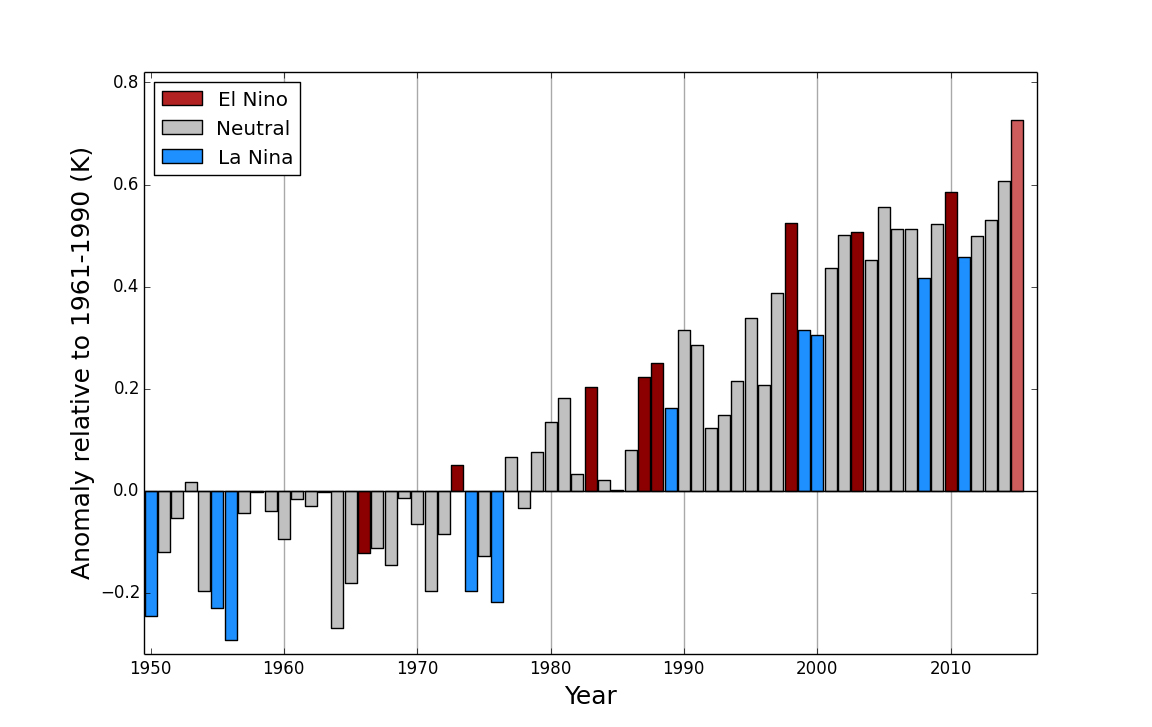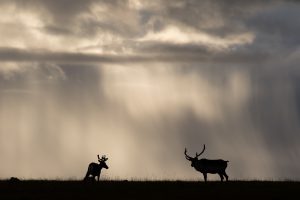
Wildlife
Broughtons in the balance: As salmon runs fail, grizzlies are on the move
Salmon runs are failing and grizzlies seem to be on the move in the islands between mainland B.C. and northern Vancouver Island. What’s going on in the Broughton Archipelago?
- 2960 words
- 12 minutes





